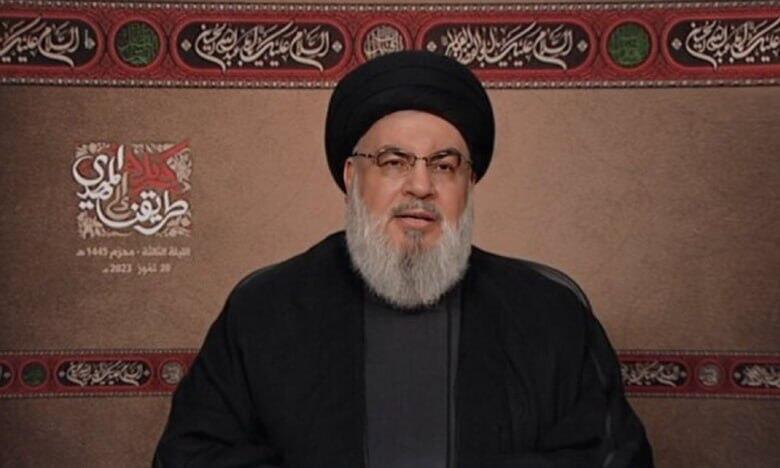The IDF Intelligence Directorate has directly and personally warned Prime Minister Benjamin Netanyahu multiple times about the severe security consequences of the turmoil surrounding judicial reform legislation.
More stories:
Four urgent dispatches, the latest sent just last week, were sent to Netanyahu shortly before the Knesset vote. The letters emphasize that adversaries see a historic opportunity to alter the strategic situation in the region due to the unprecedented crisis in Israel.
2 View gallery


IDF Chief of Staff Herzi Halevi, Prime Minister Benjamin Netanyahu and IDF Intelligence Directorate Commander Aharon Haliva
(Photo: Moti Kimchi, Amit Shabi and Shalev Shalom)
Senior Intelligence Directorate officers cautioned that the impact is not only immediate but may also have long-term repercussions. According to the IDF's analysis, foes like Iran and Hezbollah are closely monitoring the crisis within Israel's reservist system and the vulnerability of critical military assets. The summer of 2023 in Israel, as perceived by adversaries in the Intelligence's assessment, is a historical weak point. While discussions have previously centered around "tactical" damage to deterrence, intelligence officials now worry about significant erosion of the fundamental deterrent capability in this phase.
In addition to the dispatches sent to the prime minister, IDF Chief of Staff Lt. Gen. Herzi Halevi also met with him, providing hard-hitting information that backs the analysis. According to the Intelligence Directorate, Iran and Hezbollah would prefer to wait on the sidelines and allow Israel to tear itself on the inside. However, the Intelligence Directorate still maintains that the likelihood of escalation has increased and is now at its highest since the Second Lebanon War, which erupted exactly 17 years ago.
Hassan Nasrallah will seek friction as he has done in recent months, even at the cost of several days of fighting against Israel.
Nasrallah believes he can stretch the rope just enough to avoid escalating things into full-scale war, believing that Israel will refrain from entering such a significant conflict at this time. Despite failing to anticipate the Ehud Olmert government’s moves in 2006, Nasrallah remains confident in his ability to influence decision-makers in Israel, especially compared to the leaders of terror organizations in Gaza.
The dispatches sent by the Intelligence Directorate, along with the close monitoring of the crisis's expansion within the reserves, which now goes beyond the Air Force and raises concerns about potential impacts on other regional commands, form an integral part of the chief of staff's commitment to transparency with the political leadership.
In the face of the seismic upheaval that occurred even before the end of the half-year term, Lt. Gen. Halevi remains steadfast in providing an accurate assessment of the IDF's readiness and capabilities to the political authorities, without embellishing or downplaying the facts. He upholds this principled approach even in these challenging times and deserves commendation for it.
As part of the close monitoring of the army's readiness, there is currently no cause for concern: if a war were to break out tomorrow morning, the army is currently fully prepared. In contrast to such reports that cause more panic than reflect reality, wear and tear on the IDF's readiness is a gradual process that takes weeks, if not longer.
The main challenge of addressing the crisis in the reserves is apparent in internal command deliberations. Over the past few weeks, the chief of staff has visited Air Force bases, the Intelligence Directorate, the Research Division and regular divisions to listen to frontline feedback and underscore the significance of military service, particularly during such times. Considering the prime minister's warnings and the outcomes so far, it is worth asking whether the chief of staff has not been left to confront this unprecedented crisis on his own.


